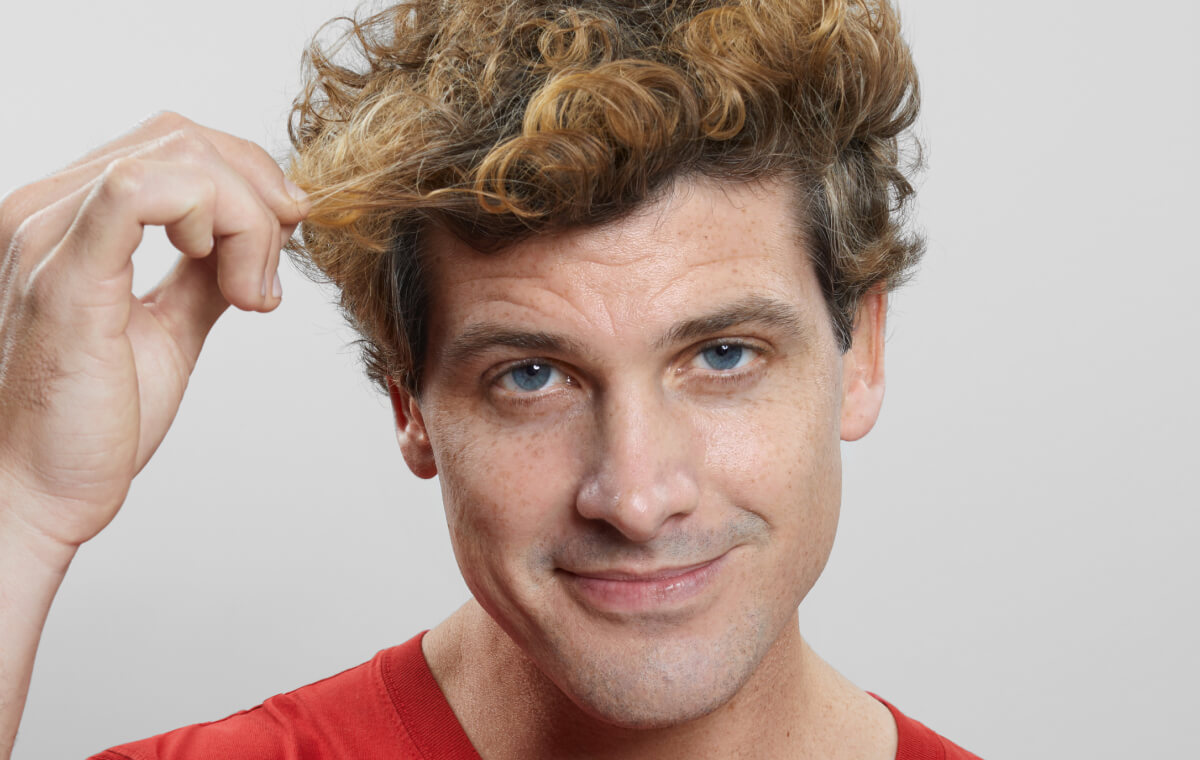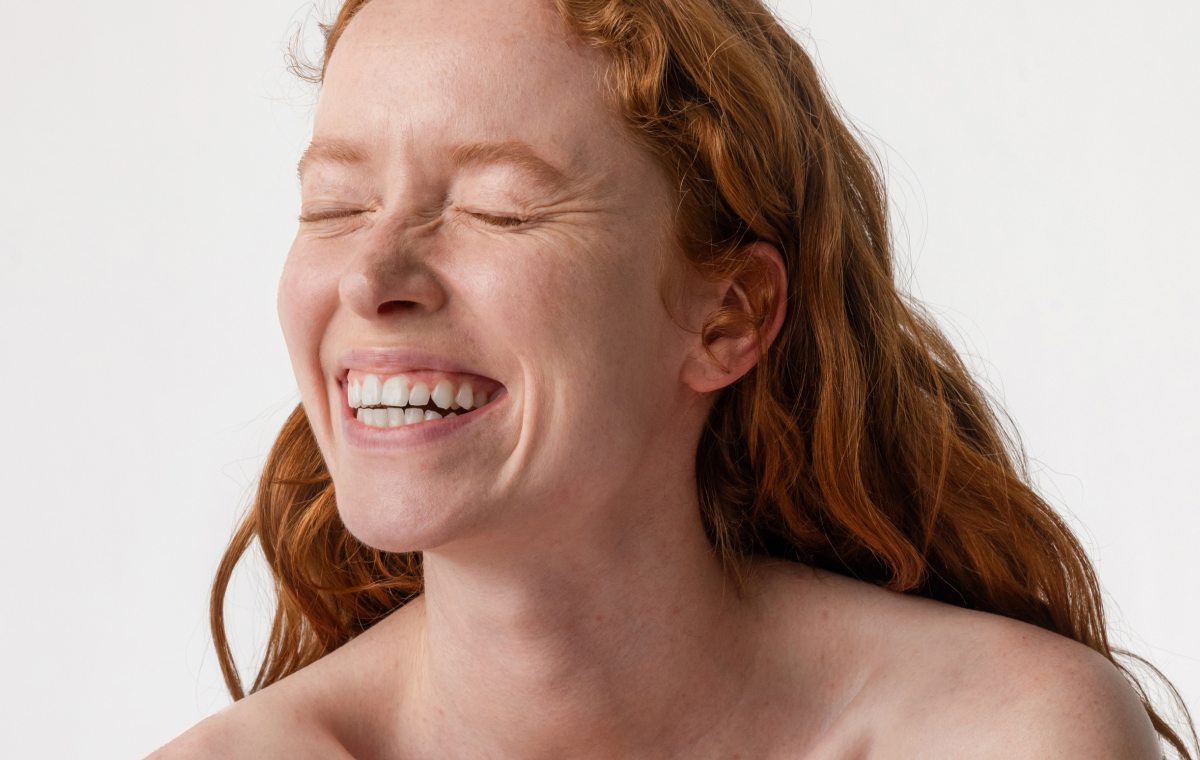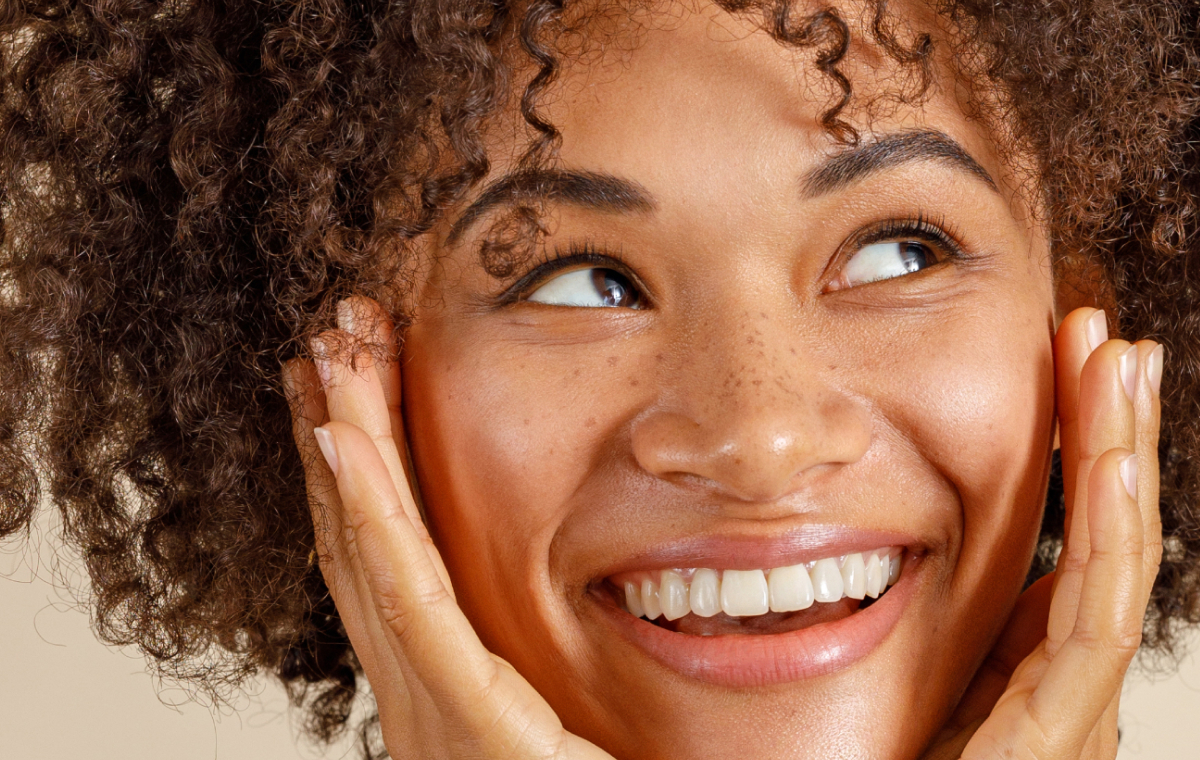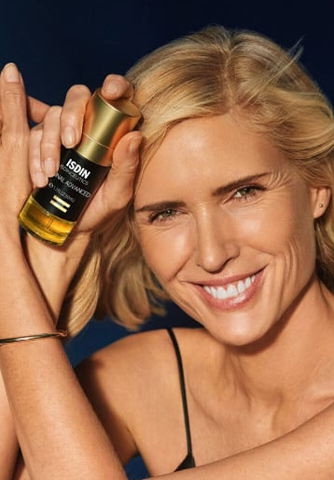Your hair doesn’t define you—but it does help you express yourself. From styles to shades, it’s often tied to how we feel and how we want to show up in the world. That’s also why it’s completely normal to feel concerned if you notice less volume than usual. And with so much conflicting information out there, it can be hard to tell what’s true about hair loss—and what’s fiction.
Let’s clear up the confusion with this science-backed breakdown of the most common hair loss myths and the truths behind them. Plus, we’ll share a few tips for shiny, full, and most importantly, healthy hair.
Table of Contents
- 1 Common hair loss myths: true or false?
- 1.1 1. Hair grows faster if you cut it
- 1.2 2. Greasy hair falls out more often
- 1.3 3. Washing your hair too much makes it fall out more
- 1.4 4. Don’t brush your hair when it’s wet or it will fall out
- 1.5 5. Hats and hair products cause baldness
- 1.6 6. We shed more of our hair in the fall
- 1.7 7. Anxiety and stress can affect hair loss
- 1.8 8. Hormones are behind hair loss
- 1.9 9. Drinking or smoking can affect your hair
- 1.10 10. All hair loss is permanent
- 2 The final truth about hair loss
Common hair loss myths: true or false?
1. Hair grows faster if you cut it
FALSE: Trimming the ends of your hair helps it look healthier by removing damage like split ends—but it doesn’t actually impact growth. That’s because cutting the hair affects the shaft, not the follicle where growth happens. A fresh haircut may make your hair look fuller temporarily, but it won’t change how fast it grows or whether it sheds.
2. Greasy hair falls out more often
TRUE: Excess oil (or sebum) can build up on your scalp, potentially clogging follicles and interfering with new growth. This can lead to more noticeable shedding over time.
The solution? Focus on scalp care. Wash with gentle, targeted shampoos, paying special attention to the roots to help curb oil and dirt build-up. And if you’re concerned about density, reach for a shampoo designed for thicker, fuller-looking hair.
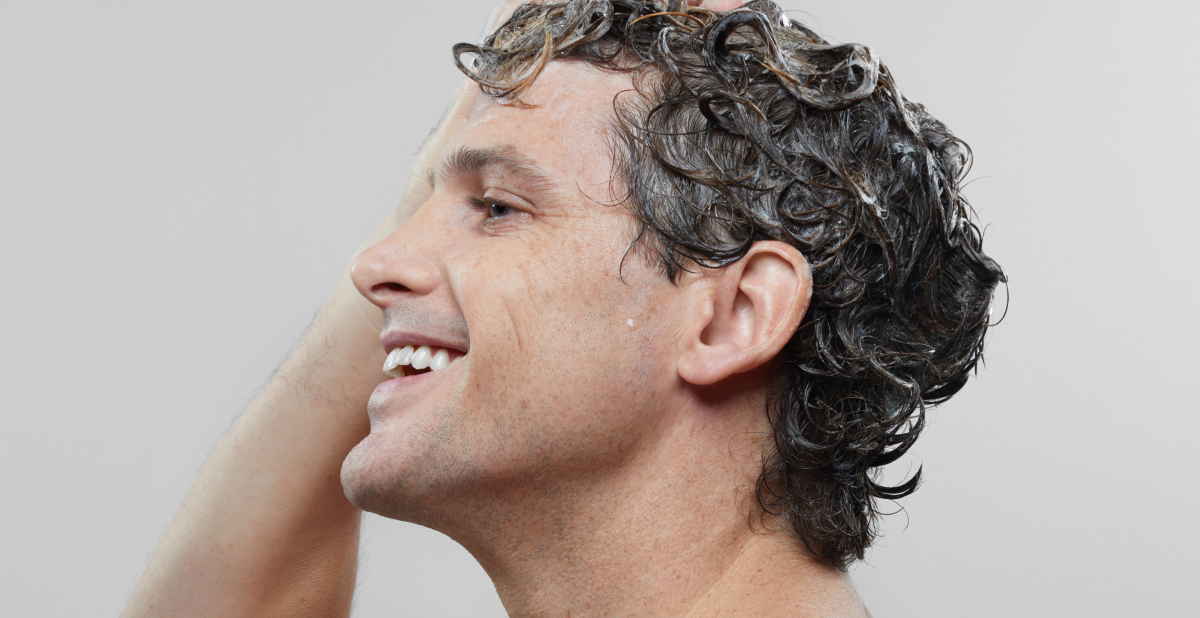
☑︎ Vogue recommends ISDIN Lambdapil Hair Density as one of the best shampoos for thinning hair:
“Crafted for men and women, ISDIN’s Lambdapil takes a three-pronged approach to revitalizing thinning hair. The shampoo promises to improve volume, aid hair growth, and control oil production at the scalp for overall healthier hair.”
3. Washing your hair too much makes it fall out more
FALSE: In fact, the opposite can be true. If your scalp is oily or your hair feels dirty, washing helps prevent buildup that can interfere with growth. Hairs that fall out during washing were already in the shedding phase—typically, shampooing doesn’t cause hair loss.
4. Don’t brush your hair when it’s wet or it will fall out
FALSE: Hair is more fragile and elastic when wet, so rough brushing can lead to breakage, but not actual hair loss from the root. Use a wide-toothed comb or detangling brush and take your time. Any strands that come out were likely already in the process of shedding.
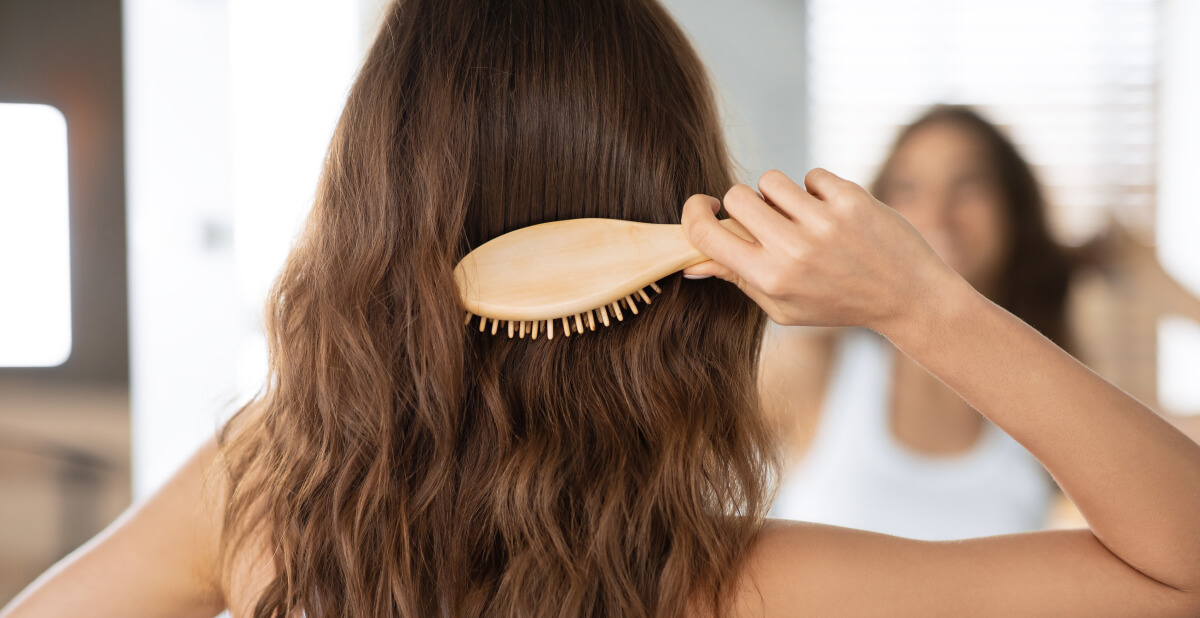
5. Hats and hair products cause baldness
TRUE AND FALSE: Styling products can dry or damage the hair shaft if overused, and constant hat-wearing can trap oil and sweat. While these don’t directly cause baldness, an oily or unbalanced scalp environment can contribute to shedding. Keep your scalp clean, give your hair breathing room, and opt for nourishing formulas that support density.
6. We shed more of our hair in the fall
TRUE AND FALSE: Seasonal hair shedding is a real phenomenon—and fall is when many people notice it most. It’s thought that hair naturally sheds more during this time after enduring summer stressors like UV rays, salt water, and heat. But seasonal shedding is usually temporary and part of the normal hair cycle.
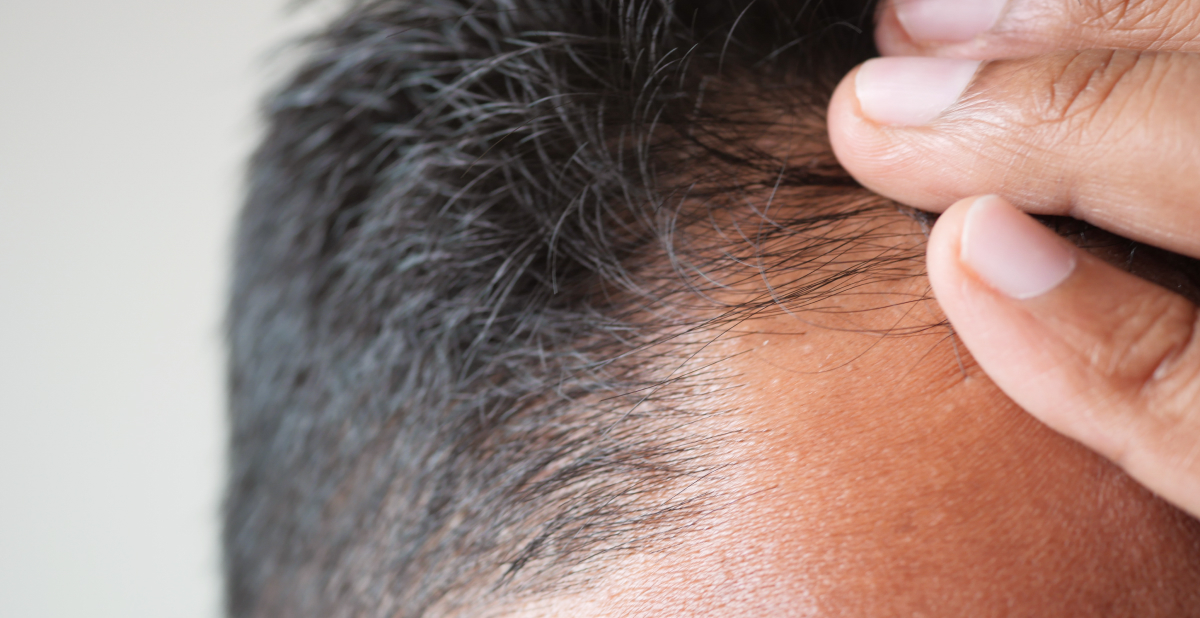
7. Anxiety and stress can affect hair loss
Unfortunately, yes—chronic stress has been linked to certain types of hair loss, like telogen effluvium. It’s a frustrating cycle: you notice more shedding, which leads to more stress, and the pattern continues. The good news? Stress-related hair loss is often temporary. With the right care, your hair can recover over time.
☑︎ Knowledge is power—learn more about what causes hair loss.
8. Hormones are behind hair loss
TRUE: Hormones play a big role in regulating the hair growth cycle. Imbalances in thyroid hormones, estrogen, or dihydrotestosterone (DHT, a byproduct of testosterone) can all impact hair density. Science cites hormonal shifts among the most common causes of hair thinning. If you suspect a hormonal factor, plan a visit with a dermatologist or endocrinologist for testing.
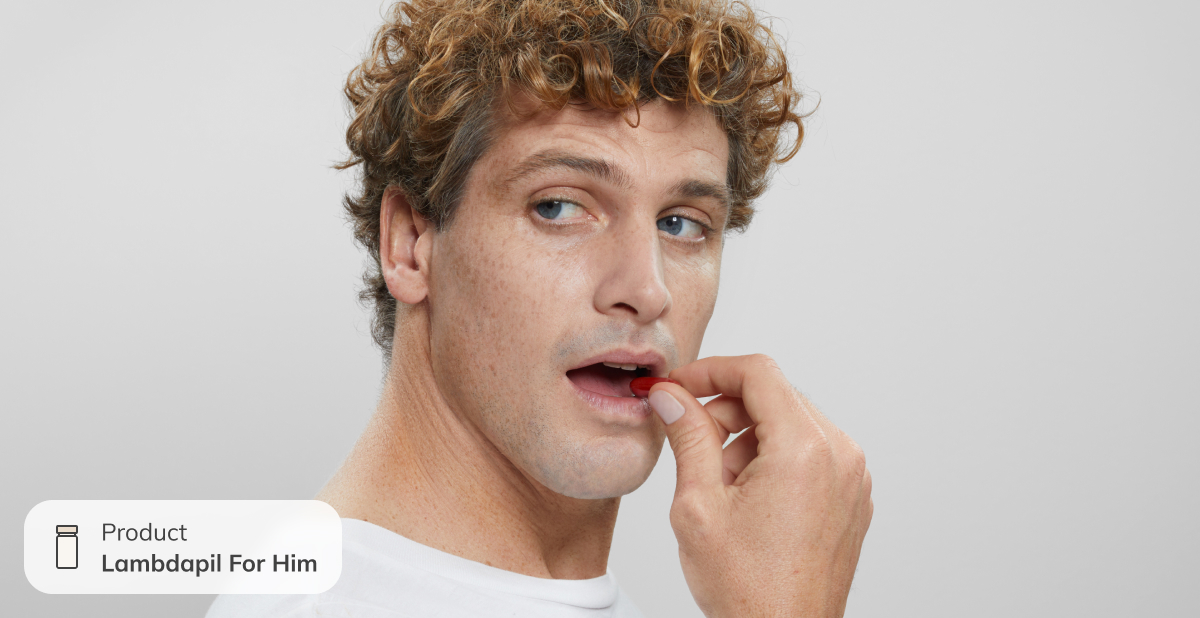
9. Drinking or smoking can affect your hair
TRUE: Yes—both alcohol and smoking can quicken the hair’s natural aging process. They can kick off internal processes that lead to dullness, dryness, and even hair loss over time. Prioritizing wellness habits like a nutrient-rich diet, regular movement, and stress reduction can support not just your hair but overall health.
10. All hair loss is permanent
FALSE: This is one of the most common hair loss myths, and thankfully, it’s not true. While some types of hair loss are progressive, many are temporary or treatable. Illnesses, surgeries, and weight fluctuations can all cause more shedding than usual. But once things are back to the status quo, it should grow back.

☑︎ One way to give your hair a leg up? A consistent daily hair care routine focused on scalp health and density support.
The final truth about hair loss
Hair loss is more common—and more manageable—than you might think. The most important thing? Focus on what you can control: caring for your scalp, managing stress, and using science-backed products that support hair and scalp health.
And remember the most important truth: your hair doesn’t define you. But when it comes to caring for it, expert guidance and a little self-kindness can go a long way.
Behind the blog:
Article written and reviewed by:
Our namesake embodies the spirit of embracing life and all its wonder. As wellness journalists, we explore topics that invigorate the senses and keep curiosity alive. We believe that glowing skin is the result of a healthy body and mind. Weaving beauty with science, we aim to inspire you to live young at every age.

